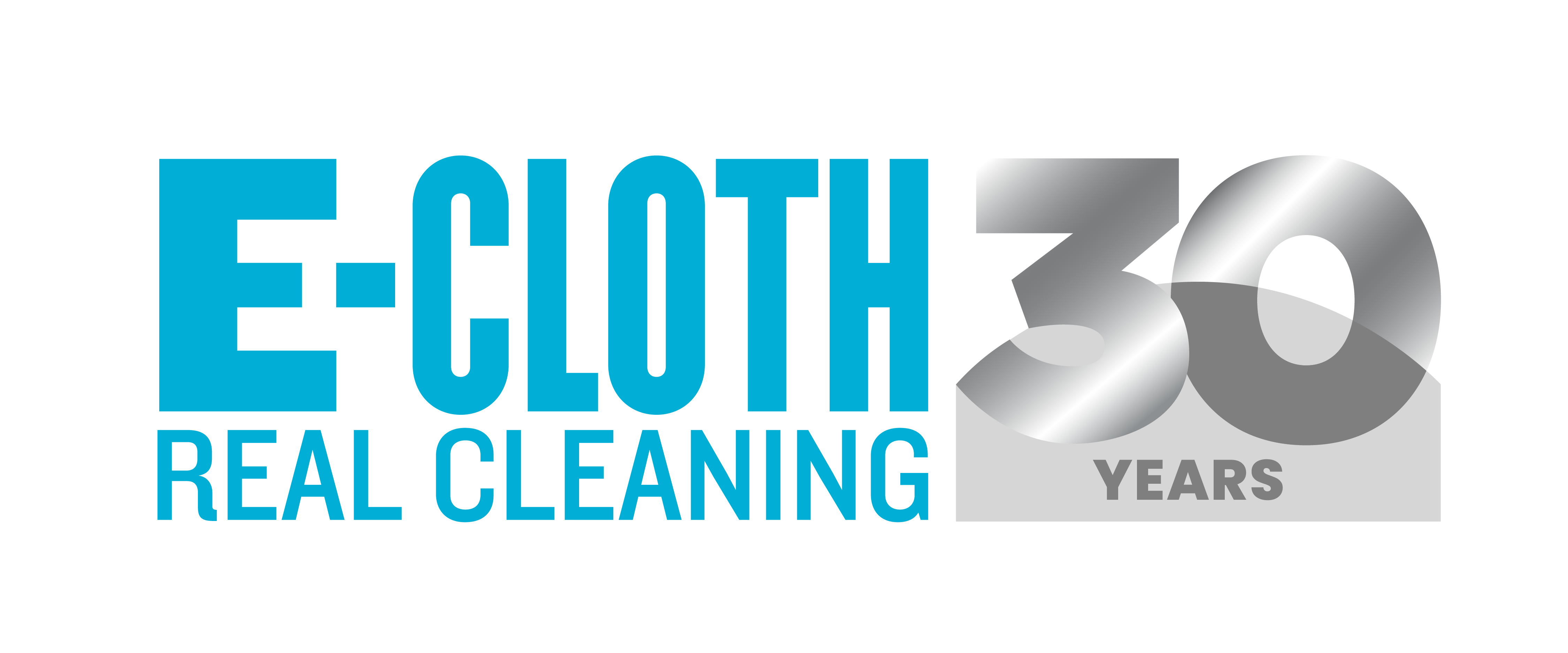Table of content:
How Often You Should Clean Your Jeans
Consequences of Skipping Jeans Cleaning
DIY Methods to Clean Your Jeans
Jeans are a wardrobe staple known for their durability and timeless style, but knowing how often to clean them can be a balancing act. While frequent washing can lead to fading and loss of shape, waiting too long can result in odor, stains, and even fabric damage. The ideal cleaning schedule depends on how often you wear your jeans, the activities you do in them, and your personal comfort. By finding the right routine and using smart cleaning methods, you can keep your jeans looking and feeling their best for years to come.

A Clean You Can See
Our high-performance microfiber products simplify cleaning, making it quick, easy, and effective, so you can enjoy visible results without the fuss. No streaks, just results.
How Often You Should Clean Your Jeans
How Often to Clean Your Jeans
- Wear Frequency Matters: Jeans are designed to be durable, so if you’re wearing them regularly, a good rule of thumb is to wash them every 5 to 10 wears. This interval helps maintain their look without subjecting the fabric to too much wear from the washing process.
- Type of Activity: Consider the nature of your activities. If you’re engaging in activities that lead to heavy perspiration or exposure to dirt (for example, working outdoors), you might want to clean them more often. Conversely, if you’re just using them for everyday, low-stress outings, you can stretch the wearings further.
- Fit and Style Considerations: Washing too frequently can lead to fading, shrinkage, or even loss of the shape designers intended. Keeping your jeans on the less frequent side helps preserve their color and the overall look. The classic rugged appeal of denim often benefits from a bit of “broken-in” character, which frequent washing can diminish.
- Spot-Cleaning and Freshening: If you notice an isolated dirty spot or want to freshen them up between washes, spot-cleaning is a great option. This not only extends the life of your jeans but also saves you from the full laundry cycle when it's not necessary.
- Personal Comfort and Hygiene: Ultimately, it boils down to how comfortable you feel. If your jeans start to smell or feel less fresh, it’s probably time for a wash, regardless of the number of wears.
Streak-Free Wherever You Need It
E-Cloth is committed to delivering a clean you can see—effortlessly erasing messes with just water for a spotless shine, free of streaks and added chemicals.

Consequences of Skipping Jeans Cleaning
Consequences of Skipping Jeans Cleaning
- Odor Buildup: Jeans may look tough, but they’re not immune to the funk. Sweat, body oils, and whatever you brush up against during the day can settle into the fabric. Skip enough washes, and your jeans will start to develop a distinct, lingering odor that’s hard to ignore (and even harder to mask with a spritz of fabric spray).
- Fabric Wear and Tear: Dirt and grit act like sandpaper on denim fibers. When you don’t clean your jeans, these tiny particles grind away at the fabric every time you move. Over time, this can lead to thinning, fraying, and even holes—especially in high-friction areas like the inner thighs and pockets.
- Stains Set In: That little coffee spill or splash of sauce? If you don’t clean your jeans, those stains can become permanent residents. The longer a stain sits, the harder it is to remove, and some might never come out completely, leaving your jeans looking less “lived-in” and more “left behind.”
- Loss of Shape: Jeans are designed to fit your body, but they also need a reset. Skipping washes means the fabric doesn’t get a chance to bounce back, so your jeans can start to sag, bag, and lose their original fit. Think stretched-out knees and a waistband that won’t stay put.
- Skin Irritation: Sweat, dead skin cells, and whatever else your jeans pick up can build up over time. For some people, this can lead to skin irritation or breakouts, especially if you’re wearing your jeans for long stretches or in hot weather.
- Unwanted Guests: Not to gross you out, but unwashed jeans can become a cozy home for bacteria and other microscopic hitchhikers. While most won’t cause harm, some can contribute to odor or skin issues. Regular cleaning helps keep things in check—no need to go overboard, but don’t skip it entirely.
- Color Fading and Stiffness: Ironically, not washing your jeans can sometimes make them look older, not newer. Dirt and oils can dull the color and make the fabric feel stiff or sticky. A gentle wash (inside out, cold water) helps maintain that classic denim look and feel.
DIY Methods to Clean Your Jeans
.svg)
Cold Water and Mild Detergent
Fill a basin with cold water and add a small amount of mild detergent. Submerge the jeans and gently agitate them by hand. Let soak for 15–30 minutes, then rinse thoroughly with cold water. Air dry to maintain the fabric’s color and shape.
.svg)
White Vinegar and Baking Soda Soak
Fill a basin with warm water and add 1 cup of white vinegar and ½ cup of baking soda. Submerge your jeans and let them soak for 30–60 minutes. Rinse thoroughly with cold water and air dry. This method helps remove odors, break down stains, and refresh your jeans naturally.
.svg)
Salt Water Soak
Dissolve 1/4 cup of salt in a basin of cold water. Submerge your jeans and let them soak for 1 hour. Rinse thoroughly with cold water and air dry. This method helps set the dye and remove light stains without harsh chemicals.
.svg)
Lemon Juice and Sunlight
Squeeze fresh lemon juice onto the stained areas of your jeans. Lay the jeans in direct sunlight for a few hours. The natural bleaching action of lemon juice combined with sunlight helps lift stains and brighten the fabric. Wash as usual after treatment.
.svg)
Stain Penetration Limitations
Cold water and mild detergent may not fully remove deep or set-in stains from jeans, as they lack the strength to break down tougher residues, leading to visible marks or incomplete cleaning after washing.
.svg)
Color Fading Risk
Using white vinegar and baking soda to soak jeans can cause color fading, as the acidic and alkaline properties may strip dye from the fabric, leading to a lighter or uneven appearance over time.
.svg)
Residual Odor Retention
Salt water may not fully remove deep-set odors from jeans, causing residual smells to linger even after soaking. This method is less effective on strong or persistent odors compared to specialized detergents or thorough washing.
.svg)
Fabric Fiber Damage
Lemon juice is acidic and, when combined with sunlight, can weaken and break down the fibers in denim, leading to fabric damage, fading, and reduced durability of the jeans over time.
Ready for an Easier Way to Clean?
Skip the mixing, spraying, and scrubbing. With E-Cloth, you get a streak-free shine using just water—no added chemicals, no hassle. Make every window sparkle the simple way.
Explore other Articles
Headphones
Learn how often to clean your headphones for optimal sound and hygiene. Simple tips to keep them fresh and lasting longer.
Bookshelves
Discover the ideal frequency to clean your bookshelves for a dust-free, organized, and fresh home library.
Jeans
Discover the ideal frequency to clean your jeans for lasting style, comfort, and fabric care. Keep them fresh and durable!
Range hood filter
Learn how often to clean your range hood filter for optimal kitchen air quality and appliance efficiency. Keep it fresh and safe!
Washing machine
Learn how often to clean your washing machine for optimal performance and freshness. Keep your laundry fresh and your machine efficient!
Garage floors
Discover the ideal frequency for cleaning your garage floors to keep them spotless and well-maintained year-round.
Experience Real Cleaning
A Clean You Can See
Experience Real Cleaning


